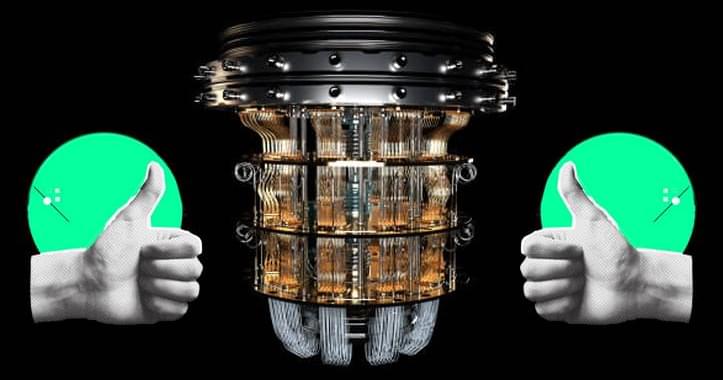Researchers in the US developed a new energy-based benchmark for quantum advantage and used it to demonstrate noisy intermediate-scale quantum (NISQ) computers that use several orders of magnitude less energy than the world’s most powerful supercomputer. Quantum computing is a branch of computer science that focuses on the development of technologies based on quantum theory principles.
Quantum computing solves problems that are too complex for classical computing by utilizing the unique properties of quantum physics. The question of whether a quantum computer can perform calculations beyond the reach of even the most powerful conventional supercomputer is becoming increasingly relevant as quantum computers become larger and more reliable. This ability, dubbed “quantum supremacy,” marks the transition of quantum computers from scientific curiosity to useful devices. Scientists predict that Quantum computing is better than supercomputers as it performs tasks a million times faster. Quantum computers can handle complex calculations easily because they are built based on quantum principles that go beyond classical physics.
Quantum computers and supercomputers are extremely powerful machines used for complex calculations, problem solving, and data analysis. While both have the potential to revolutionize computing technology, they have significant speed and capability differences. In 2019, Google’s quantum computer performed a calculation that would take the world’s most powerful computer 10,000 years to complete. It is the seed for the world’s first fully functional quantum computer, which will be capable of producing better medicines, developing smarter artificial intelligence, and solving cosmic mysteries. Theoretical physicist John Preskill proposed a formulation of quantum supremacy, or the superiority of quantum computers, in 2012. He dubbed it the moment when quantum computers can perform tasks that ordinary computers cannot. To quickly crunch large amounts of data and achieve a single result, supercomputers employ a traditional computing approach with multiple processors.
